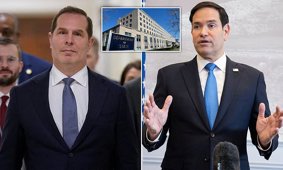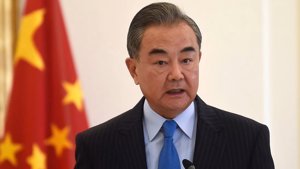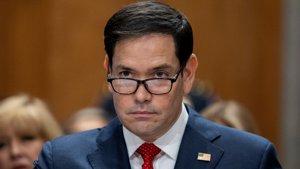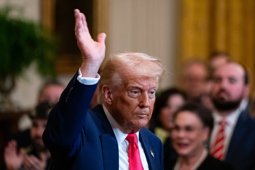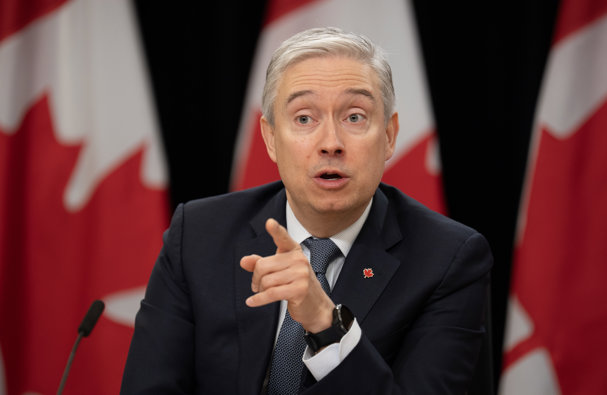
Canada Eases Tariffs on US Goods
Canada announced a six-month tariff relief on certain goods imported from the United States, targeting items essential to domestic manufacturing, food and beverage processing, healthcare, public safety, and national security. The move was revealed by Canadian Finance Minister Francois-Philippe Champagne in a statement issued Tuesday.
The temporary measure will support Canadian industries that rely on US-sourced components and materials, easing the financial burden amid ongoing trade tensions and global supply chain adjustments. By focusing on key sectors, the policy aims to preserve competitiveness and maintain critical services within Canada.
“We recognize the vital role that these imports play in our domestic infrastructure, and this targeted relief will help strengthen Canada’s ability to respond to pressing needs,” Champagne stated.
In a parallel announcement, the finance minister also introduced a performance-based remission framework specifically for automakers operating in Canada. The framework is designed to incentivize ongoing vehicle production and long-term investment in the country’s automotive industry.
Under the new framework, automakers manufacturing vehicles in Canada will be permitted to import a defined quantity of US-assembled, CUSMA-compliant vehicles without being subject to the countermeasure tariffs currently imposed by Canada. This exception is aimed at maintaining industry momentum and securing jobs while honoring North American trade agreements.
Champagne emphasized that the changes align with Canada’s broader strategy to promote economic stability and resilience. “By rewarding performance and investment, we are ensuring that Canadian manufacturing continues to thrive while upholding trade commitments,” he added.
The dual-track initiative reflects a pragmatic approach to trade and industry policy, balancing protective tariffs with targeted relief to safeguard economic and strategic interests. As trade negotiations and policy recalibrations continue, Canada’s actions may serve as a model for adaptive economic governance.

